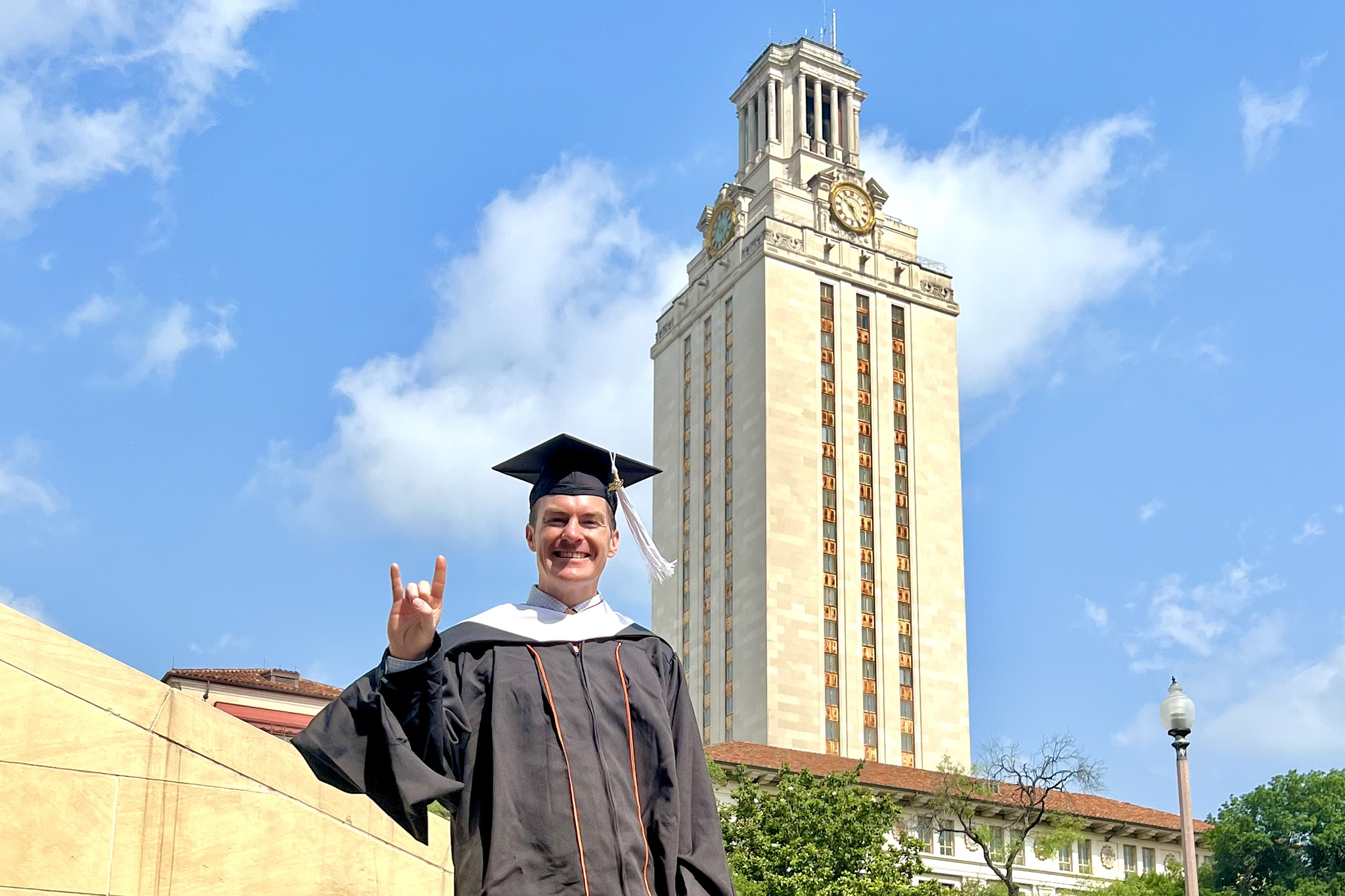
For nearly a decade, Corey Wilson’s career has been focused on people and project leadership at DPR Construction. His journey with the HDO program allowed him to explore outside his niche and gather valuable insights into tapping creativity for human-centered leadership from an unexpected source: fine-dining, or “haute cuisine,” chefs.
Capstone Project: A Culinary Exploration of Creativity
Corey’s capstone project traveled into an unconventional but fascinating intersection: “I interviewed a group of fine dining chefs around the country and learned about their experiences in restaurants, their perception of creativity, how they manage their teams, how they communicate, and the output of it all.”
His objective was to understand the model of creativity in the fine dining industry despite having no professional background in hospitality or restaurants. By interviewing chefs and analyzing their creative processes, Corey developed a model that illustrates how they use creativity in their leadership roles. Its name? Amuse-bouche Thinking: Big Ideas, Tiny Bites in Haute Cuisine.
“I care deeply about creativity and wanted to consider the different angles from which to look at it. I realized haute cuisine chefs have a unique angle and one that was probably underexplored,” he explained. This fresh perspective enabled him to investigate the process of creativity in a novel way.
Motivation and Expectations
Corey joined the HDO program after finding it online and resonating with the concept. “I knew I wanted to do it. It felt right for me,” he told us. His move to Texas was partly driven by this desire to join the program, marking a significant career transition. Corey also valued the program’s small cohort-based approach.
“I had incredibly high expectations, and I had an incredibly exceptional experience ,” he remarked, highlighting the program’s alignment with his educational aspirations.
Broadening Perspectives and Network
The variety of professional and personal expereince within the cohort played a crucial role in enriching Corey’s learning experience.
“Everybody’s different backgrounds created really heathly dialogue,” he said. “I think there was some initial fear that, people were going to outright disagree. How were we going to reconcile that in a group? But, wow, those fears went away for me immediately within the first day of the first intensive week. Our conversation was our greatest strength.”
Corey utilized the alumni network extensively, seeking insights and referrals, and found it to be a valuable resource for professional growth. In fact, the HDO program proved to be a pivotal career transition point for many in Corey’s cohort.
“Either during the program or right after, a majority of our cohort was either in new roles, new companies, new industries, or promoted,” he stated.
Corey continued to emphasize the supportive nature of the HDO community, both during and after the program.
“Whether it’s new hire onboarding, training, or interviewing, I always go back and revisit the list of capstones . That’s my starting point for solving a problem at work: Has somebody in HDO looked at this? I always want to get their input first because they’ve done so much research.”
Enhanced Leadership Skills
The HDO program also enhanced Corey’s leadership skills. He reflected on the value of recognizing and acknowledging his limitations.
“I came into the program with over a decade of leadership experience: leading individuals, leading teams,” he said. However, the program challenged him to experiment with different leadership styles, including exploring the philosophy of ‘Wu Wei,’ or effortless action, which encourages patience and allows problems to resolve naturally over time.
“It’s about tapping into intuition in a way that makes any resulting action innate, like breathing,” Corey recalls.
He also learned the importance of fostering subcultures and countercultures within an organization. Corey explained, “I think in leadership, there can be a real push to have uniformity of vision and alignment, with everybody moving in the same direction. One thing I took from Dr. Elizabeth Richmond-Garza’s class was to actively create a space where there can be some dissent, and that dissent should not be stifled.”
This ties directly back to Corey’s capstone project, which directly studied the potential powder-keg of pressure to innovate while keeping cohesiveness and consistency in a highly institutionalized culture prone to toxicity.
The Transformative Journey
Corey Wilson’s journey through the HDO program is a testament to its transformative power. From his unique capstone project to the profound impact on his professional and personal growth, Corey’s experience highlights the value of the program for anyone looking to broaden their perspectives, enhance their problem-solving skills, and develop as a leader.
